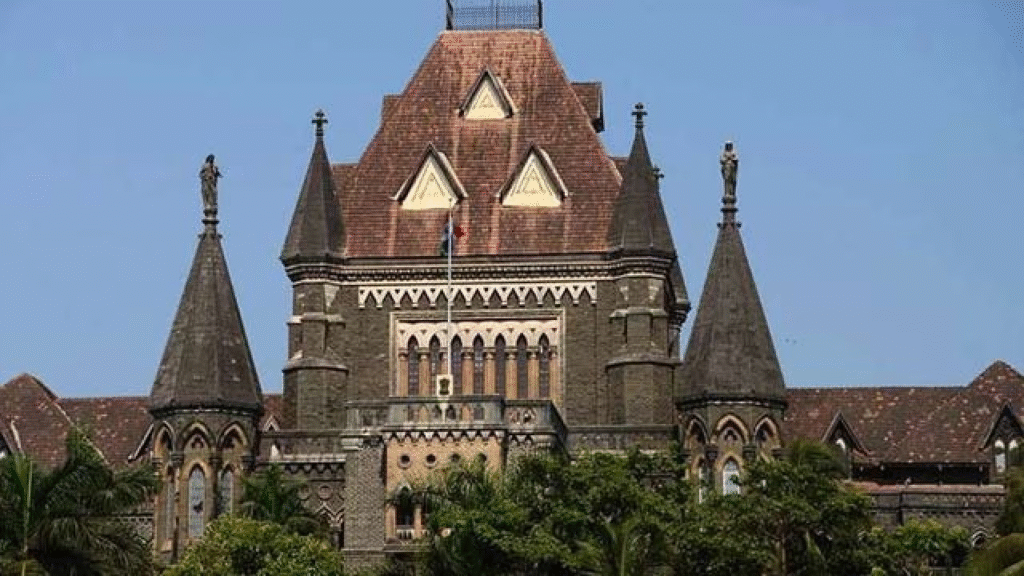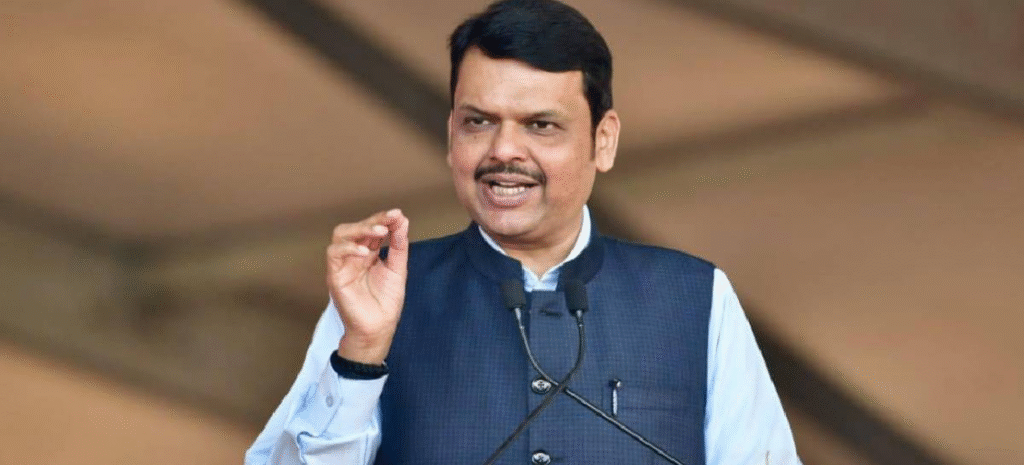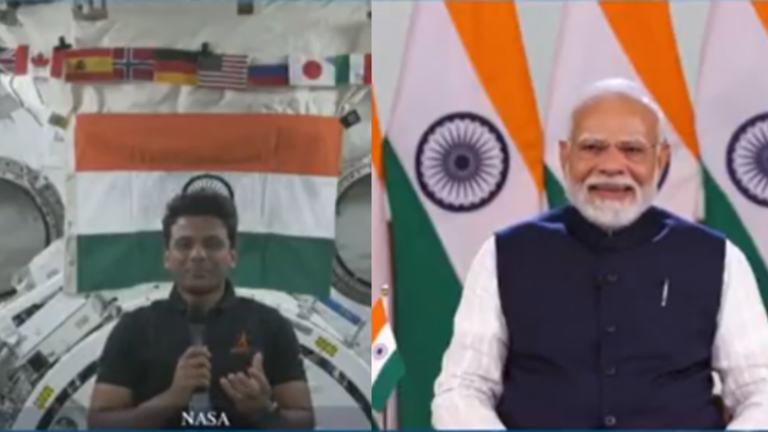Court Dismisses Late Voting Petition; ECI, BJP Gain Legal Backing Against Rahul Gandhi’s Allegations
The 2024 general election cycle in India was anything but calm, with every twist and turn adding fuel to political firestorms. One of the latest came from Maharashtra, where a petitioner — indirectly echoing Congress leader Rahul Gandhi’s suspicions — alleged an unusual spike in late voting figures. The claim implied that this surge could have influenced the final results in favor of the ruling BJP.
But when the matter reached the Bombay High Court, the outcome was quite the opposite of what the petitioner hoped. With sharp criticism, the court dismissed the petition, labeling it a waste of judicial time and even suggesting monetary penalties for filing a baseless plea. The Election Commission of India (ECI), under fire in political discourse, found strong vindication in the court’s response.
This article breaks down the courtroom drama, what it means for Rahul Gandhi and Congress, and how the judicial verdict will influence future discourse on electoral integrity in India.
Courtroom Reality Check — “Where Is the Evidence?”
In the age of social media outrage and political narratives, it’s easy for doubts to snowball into legal challenges — but the courts demand more than just suspicion. In this case, the petitioner argued that Maharashtra saw an unexplained increase in voter turnout during the last phase of polling hours, which could have skewed results. This formed the basis for questioning the legitimacy of BJP’s performance and the Election Commission’s handling of the voting process.
🚨 PETITIONER : There is significant and unexplained spike in late voting in Maharashtra
— Times Algebra (@TimesAlgebraIND) June 26, 2025
BOMBAY HIGH COURT 🔥 : Where is evidence? A whole day of this court wasted in hearing this petition. Now, Costs should be imposed on them only.
HC Dismisses Plea Challenging Maharashtra… pic.twitter.com/UQCg4BONmX
However, the Bombay High Court wasted no time in calling out the lack of evidence. “A whole day of this court has been wasted,” the bench observed. It chastised the petitioners for failing to back up their claims with credible data or statistical analysis. The court’s suggestion that costs should be imposed on the petitioner further underscored its frustration with what it viewed as politically motivated and legally hollow litigation.
The ECI, which has been at the receiving end of attacks from opposition parties in recent weeks, especially post-election, responded by stating that the judiciary had affirmed the integrity of its procedures. The court’s dismissal acted as a legal endorsement of the voting and counting process, shutting down the noise around fabricated irregularities.
Political Fallout — A Blow to Rahul Gandhi’s Credibility
What gives this case broader national relevance is the indirect involvement of Rahul Gandhi, whose public speeches and social media posts have repeatedly hinted at “democracy being under threat” and have questioned the neutrality of both the ECI and the judiciary. While he wasn’t a party to this petition, the narrative used by the petitioner closely mirrored the talking points adopted by the Congress ecosystem after the Maharashtra results.
Now, with the Bombay HC’s scathing remarks and rejection, Gandhi’s claim appears weakened in the public eye, at least from a legal standpoint. The ECI even issued a comment to NDTV: “The doubts raised by Rahul Gandhi have now been settled by the court.”
The BJP, naturally, took this as a moment of vindication. Senior leaders stated that “baseless allegations for political gain can no longer go unchecked” and praised the judiciary for restoring focus to facts over fiction. Political analysts view this episode as a setback for the Congress party’s post-election protest narrative, which was banking on building momentum around “stolen mandates.”
It also raises a critical point about misusing the judiciary for political theatre. The court has, through its response, set a firm precedent against filing such pleas without data, ensuring that future litigants approach electoral matters with diligence and not just outrage.





















